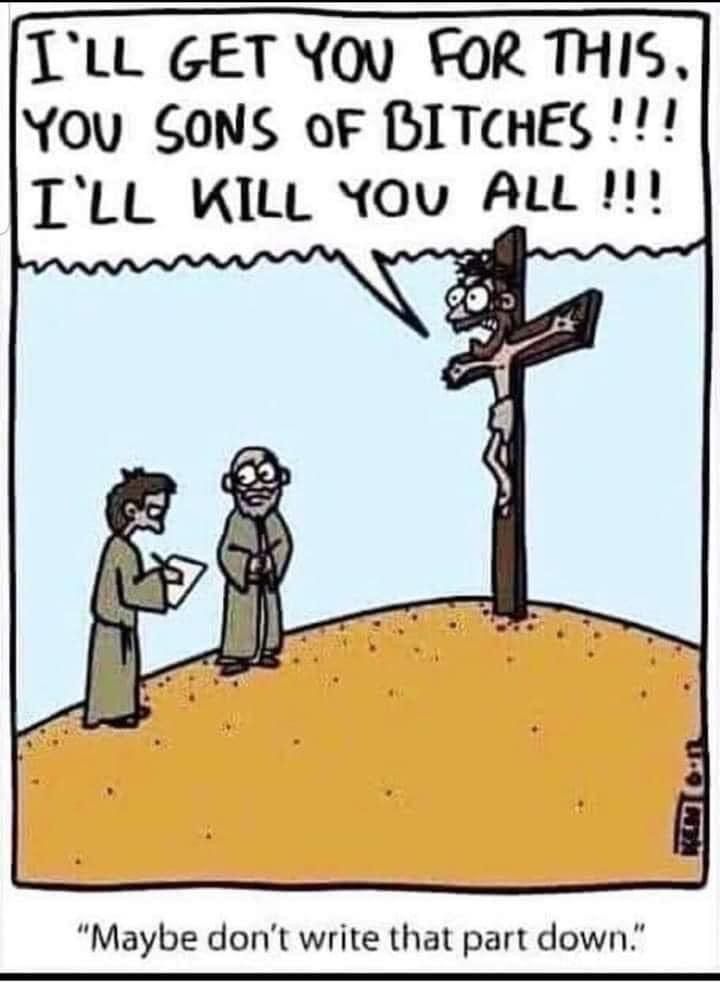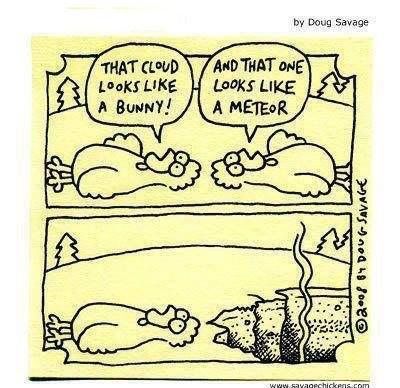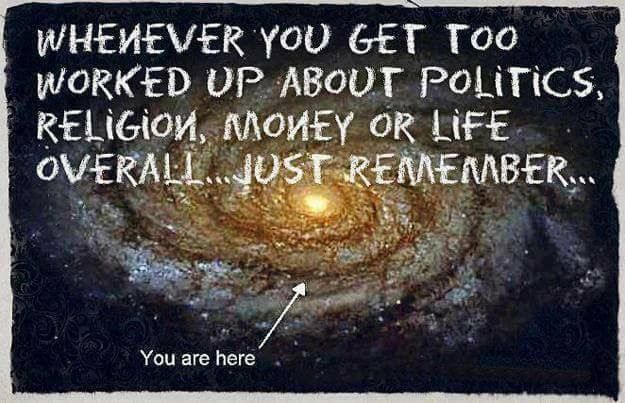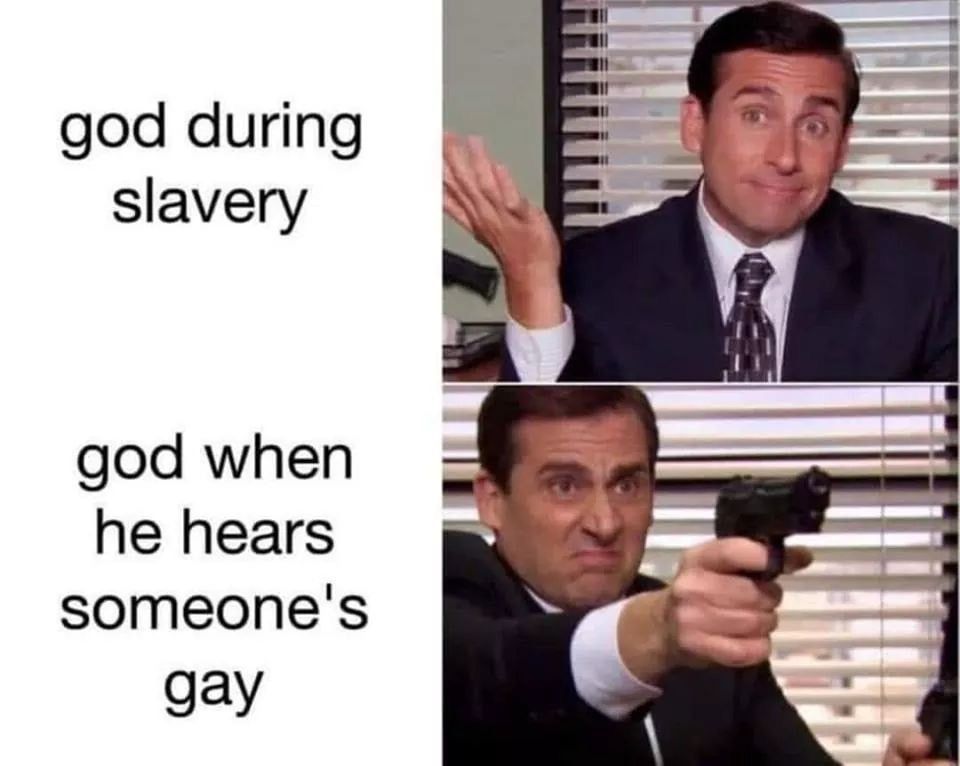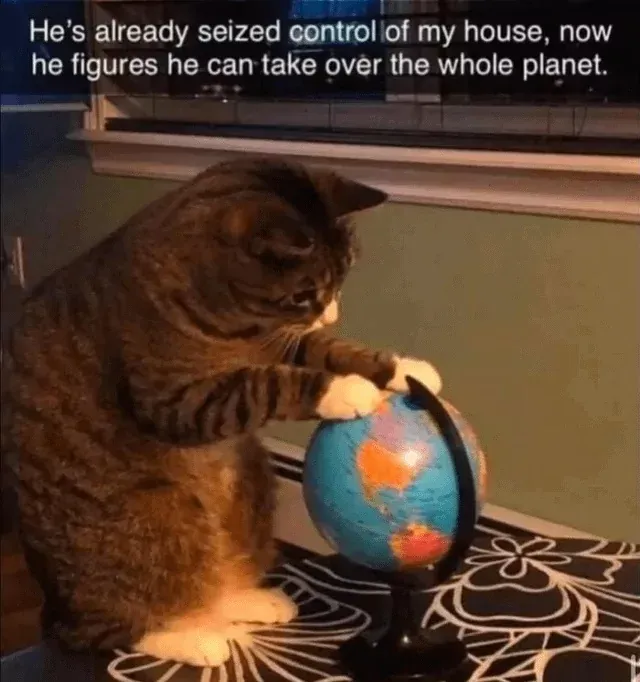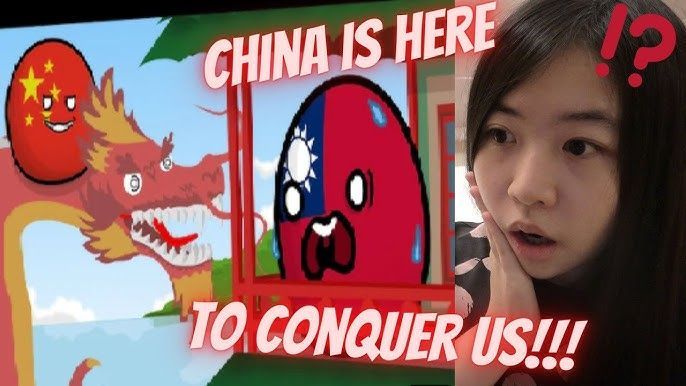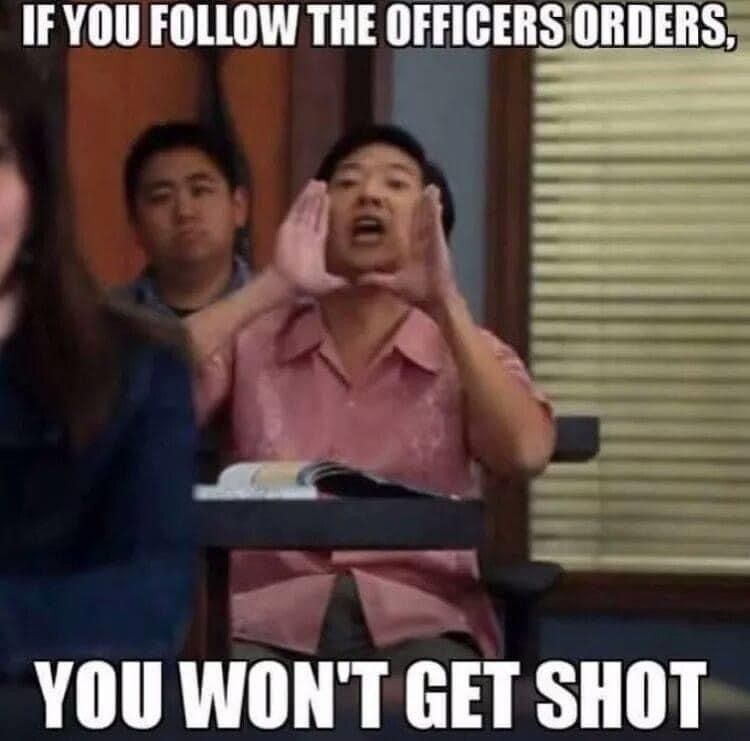Why Denver Killed the Broncos Bus: When “Equity” Becomes an Excuse
How “equity” became the excuse to take away a service that worked
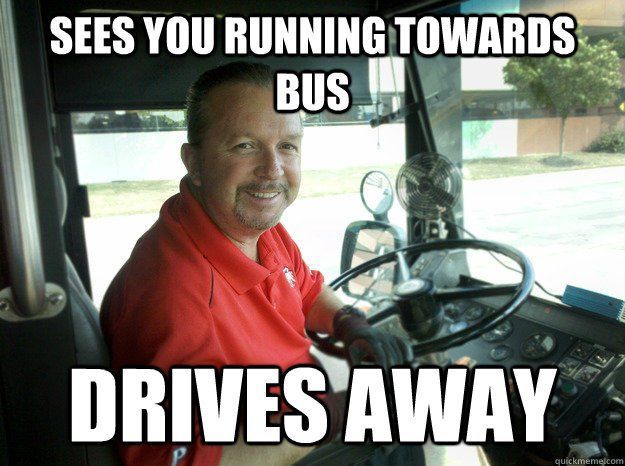
Introduction: The BroncosRide That Worked
For decades, Broncos fans enjoyed one of the simplest, smartest transportation solutions Denver ever implemented. BroncosRide buses moved thousands of people from neighborhoods and park-and-rides directly to the stadium. It reduced traffic, reduced parking chaos, supported local businesses, and helped build community pride around game days. This was not complicated. It was a textbook case of government providing a service that people liked and used.
The Regional Transportation District (RTD) ran BroncosRide for years through economic ups and downs, population booms, stadium changes, and various political climates. It continued through times when leadership was focused more on delivering reliable transportation than policing social narratives. People never called it controversial. They called it convenient.
Then a cultural shift came along. The focus stopped being on whether public services worked. Instead, the focus shifted to who those services benefited. And when that filter arrived, BroncosRide became a target. It was not canceled because it was broken. It was canceled because it did not align with a fashionable political worldview.
That worldview is simple: if a service primarily benefits ordinary, working, taxpaying people who happen to be the wrong demographic, the service becomes “inequitable.” The leadership did not say those exact words out loud, but it’s written plainly between the lines of their decisions. BroncosRide wasn’t a budget problem. It was a narrative problem.
How Something Popular Became “Unfair”
RTD leadership chose to frame the cancellation of BroncosRide as necessary for two stated reasons: equity and staffing shortages. With a straight face, they presented the idea that helping tens of thousands of people get to the stadium was actually harmful to others. They suggested that the city must redirect resources to communities more deserving of attention.
The implication is unmistakable. Riders going to Broncos games were perceived as too comfortable, too financially capable, too majority-demographic. They became the villains in a story where public services should only uplift those judged to be most disadvantaged.
It’s a mindset that punishes reliability and convenience if the “wrong” people benefit.
What makes this especially absurd is that the fans who used BroncosRide are largely the same taxpayers who fund RTD. These are not Wall Street bankers flying in on private jets. These are Colorado families, workers, veterans, students, retirees. The idea that helping them get to a game is somehow unjust flips the entire purpose of public transportation on its head.
When an agency concludes that widespread usefulness is unfair, ideology has fully replaced logic.
The Staffing Shortage Excuse
RTD has spent years talking about operator shortages. Those shortages did not suddenly appear. They existed before BroncosRide shut down, and they still exist today. Canceling the special service did not magically improve bus reliability. Commuters still deal with delays, inconsistent scheduling, and route cuts.
If removing BroncosRide was truly about deploying resources where they were “needed most,” Denver residents should be seeing significantly better system performance. They are not. The decision was not a resource reallocation success. It was simply subtraction.
Rather than own that reality, leadership decided to wrap their cuts in feel-good civic language. They did not improve anything. They removed something useful and then declared themselves righteous for doing it.
This is a pattern. Ideologues take something functioning, eliminate it, and then insist they made society better. They are allergic to admitting loss.
The Federal Charter Rule Deflection
RTD also claims that BroncosRide was at odds with federal charter rules. That excuse collapses under its own history. Federal rules did not change. BroncosRide had operated under those same regulations for decades. No one suddenly discovered a regulation that had quietly sat in a drawer for 30 years.
This is a bureaucratic tactic. When officials don’t want to defend the true motivations behind a decision, they blame a law that cannot argue back. It’s the same move school boards use when they eliminate field trips or music programs. They blame red tape instead of acknowledging priorities.
If RTD leadership wanted BroncosRide, they would find a way to make BroncosRide work. They chose not to.
Who Lost the Most?
It is easy for decision-makers to pretend fans will just drive instead. That ignores what this service actually supported. BroncosRide was used by:
• Families trying to avoid downtown parking costs
• Seniors who enjoyed being part of the game-day scene
• Workers with limited mobility
• Fans who don’t want the hassle of traffic or walking long distances
• People who simply enjoy public camaraderie
It wasn’t just a ride. It was part of the Denver experience.
Removing it didn’t help anyone. It only diminished what Denver once offered to its residents.
Public Transportation Was Never Meant to Be Political Theater
When public transit agencies start filtering their decisions through ideology rather than practicality, they forget their mission. Public services should serve the public. All of it. Not just the segments that score points in a political agenda.
RTD officials, like many in modern bureaucracies, would rather issue a press release about their moral enlightenment than show the public a reliable transit schedule. BroncosRide was a visible reminder of accountability. The agency had to deliver, consistently, and that made them uncomfortable.
It is much easier to operate transit poorly when services are less visible. It’s easier to disguise failure when the public stops expecting excellence.
Removing BroncosRide didn’t fix problems. It lowered the bar.
The New Definition of “Equity”
The leadership logic goes like this: If a service benefits everyone, it is not equitable enough. It must be re-engineered until only targeted groups benefit. This turns fairness from a shared civic good into a tool for exclusion.
Old definition of equity:
Make sure everyone can access opportunities.
New definition:
Take away anything enjoyed by the majority to narrow the field of who benefits.
This is how a city becomes less livable without officials ever admitting the decline. Services do not disappear because they fail. They disappear because they succeed for too many people.
Economic Value Thrown Away
BroncosRide also supported commerce. People going to games spend money. They eat. They drink. They shop. They make Denver’s economy breathe. When transportation becomes more difficult, fewer people participate in public life.
It is easier to tear down a system that contributes to the city’s vibrancy than to maintain it. Short-sighted leadership does not measure public benefit. They measure ideological compliance.
And those measurements never include everyday happiness.
How Accountability Disappears
When an agency stops being judged by results, accountability dies quietly. BroncosRide created a performance obligation. If RTD screwed up game-day operations, everyone noticed. The public had direct awareness of their success or failure.
Cut the program? Cut the pressure.
Now leadership gets to hide behind data dashboards and public statements that reassure no one. They removed a working program and replaced it with nothing worth celebrating.
The System Shrinks, Life Shrinks
Denver used to take pride in convenience, connectivity, and civic engagement. Now the city acts like those are privileges that must be justified.
How does a great city collapse? Very slowly.
One service cut at a time.
One lowered expectation at a time.
One ideological victory at a time.
This fight isn’t about buses. It’s about the philosophy that public comfort and enjoyment are now suspect.
Why This Matters
Once a city adopts a worldview that normal public enjoyment is unjust, everything that creates quality of life becomes a target. Today it’s a bus service. Tomorrow it’s something else that used to be normal.
If Broncos fans are the wrong people to support, then anyone with a stable lifestyle is the wrong person to support. If middle-class taxpayers do not deserve shared benefits, then no one does.
A healthy society builds upward from the middle. It rewards productivity, participation, and pride. When the middle is treated as an obstacle, the entire structure suffers. Good things vanish. Traditions fade. Public confidence collapses.
People notice when life gets worse. They just don’t always connect the dots. Decisions like this are the dots.
Final Word: A Culture That Punishes What Works
BroncosRide wasn’t canceled by necessity. It was canceled by ideology. It was erased because RTD leadership sees popular programs as suspicious if the beneficiaries are not checked into the right demographic category.
That mindset doesn’t build a better city. It builds resentment. Division. Disengagement. Cynicism.
Denver deserves transportation leadership focused on transportation, not social engineering. It deserves decision-makers who value what improves life rather than what supports a narrative. It deserves services that work. It deserves accountability. It deserves public servants who remember who they serve.
The day BroncosRide died, a little piece of Denver died with it.
Not the football team.
Not the stadium.
The idea that government still wants to make life easier for the people who pay for it.
Disclaimer
The opinions expressed in this blog represent the author’s personal views and interpretations based on publicly available information. They are intended for commentary and educational purposes only. Statements about policies, decisions, or organizations are not allegations of wrongdoing. This content is not legal, financial, or professional advice.

